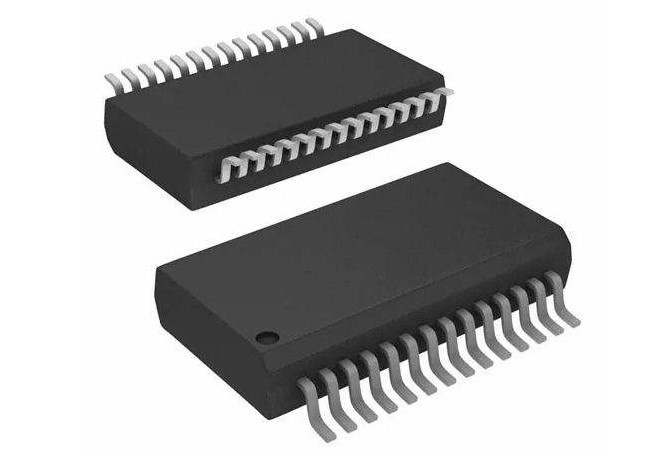Even though electronic components may meet testing standards in terms of basic performance after production, it is common to see some components fail earlier during actual use. Additionally, components that initially demonstrate superior basic performance can sometimes be more prone to failure. These phenomena indicate that basic performance testing alone does not fully reflect the stability and reliability of components over long-term use.
Relationship Between Reliability and Basic Performance:
The reliability of a component describes its ability to operate stably during continuous use. For example, while some ceramic chip capacitors may exhibit high dielectric breakdown voltages under static conditions, they might show a higher failure rate during accelerated life tests under high thermal loads. This highlights an important point: although the initial technical performance of components is crucial, if their reliability is low, these capabilities cannot be fully utilized.
Importance of Reliability:
Reliability is not only a critical quality indicator for electronic components but also the foundation for the stable operation of electronic devices. To enhance the overall reliability of devices or systems, it is essential to start with the reliability of each component they comprise. When selecting electronic components, such as chip resistors, chip capacitors, and chip diodes, special attention should be paid to their reliability assessments to ensure the long-term stability and efficiency of the entire system.

Even though electronic components may meet testing standards in terms of basic performance after production, it is common to see some components fail earlier during actual use. Additionally, components that initially demonstrate superior basic performance can sometimes be more prone to failure. These phenomena indicate that basic performance testing alone does not fully reflect the stability and reliability of components over long-term use.
Relationship Between Reliability and Basic Performance:
The reliability of a component describes its ability to operate stably during continuous use. For example, while some ceramic chip capacitors may exhibit high dielectric breakdown voltages under static conditions, they might show a higher failure rate during accelerated life tests under high thermal loads. This highlights an important point: although the initial technical performance of components is crucial, if their reliability is low, these capabilities cannot be fully utilized.
Importance of Reliability:
Reliability is not only a critical quality indicator for electronic components but also the foundation for the stable operation of electronic devices. To enhance the overall reliability of devices or systems, it is essential to start with the reliability of each component they comprise. When selecting electronic components, such as chip resistors, chip capacitors, and chip diodes, special attention should be paid to their reliability assessments to ensure the long-term stability and efficiency of the entire system.

